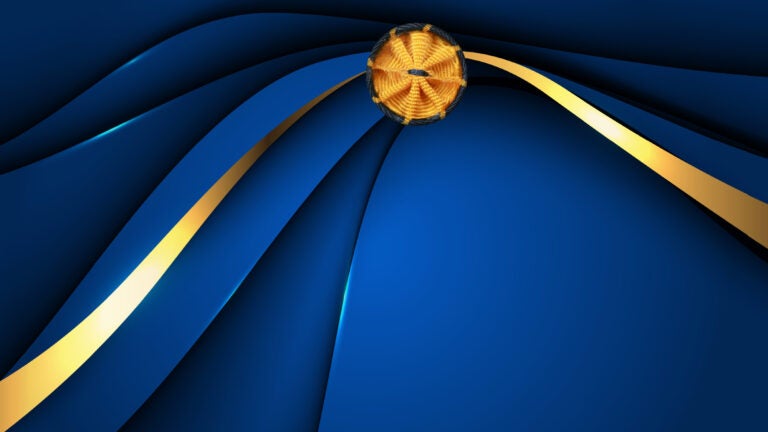
USC Dornsife professors join prestigious ranks of AAAS Fellows
For scientists, few distinctions rank higher than being elected a Fellow of the American Association for the Advancement of Science (AAAS), an honor on par with winning an Oscar — minus the red carpet and awkward speeches. Election as AAAS Fellows reflects the high regard in which scientists are held by their peers.
Four professors at the USC Dornsife College of Letters, Arts and Sciences have earned this prestigious recognition, joining the 2024 class of fellows: Richard Brutchey, Steven Finkel, Emily Liman and Oleg Prezhdo. The election honors their work in microbial mysteries, nanoscale wonders and sensory secrets — research that expands human knowledge, holds the potential to change lives and stands as testament to USC Dornsife’s commitment to advancing scientific knowledge and innovation.
Richard Brutchey
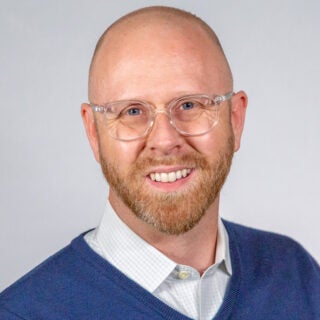
Brutchey, professor of chemistry, has been honored for his pioneering work in advancing the science of colloidal nanocrystal chemistry. His research group focuses on developing new methods for creating nanomaterials, which have potential applications in catalysis, energy storage and sustainability.
Brutchey says his passion for mentoring students and helping them grow into independent scientists is integral to his innovative approach. “Seeing them take their knowledge and make an impact beyond our lab is far more rewarding than any individual discovery,” he says.
His election to AAAS highlights the impact of his work in driving innovation in materials science. His contributions to nanotechnology have the potential to revolutionize energy and environmental solutions, demonstrating how scientific innovation can lead to real-world applications.
Steven Finkel
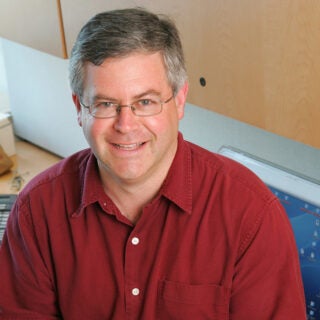
Finkel, professor of biological sciences, has been recognized for his innovative contributions to microbial physiology and molecular biology. His research explores the fundamental processes of microbial life, which has far-reaching implications for both basic biological concepts and practical applications in natural environments.
Finkel says his work is driven by the excitement of exploring unanswered questions in his field, which he describes as “a great combination to keep you motivated as a scientist.” This motivation fuels his dedication to advancing scientific knowledge and training the next generation of scholars.
Finkel’s election underscores the significance of his research in driving innovation in microbial sciences, expanding understanding of microbial biology and driving new approaches to addressing environmental and health challenges.
Emily Liman
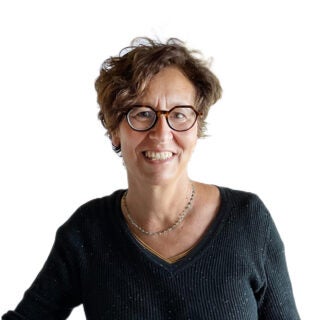
Liman, professor of biological sciences and holder of the Harold Dornsife Chair in Neurosciences, has been honored for her innovative work on ion channels, particularly those involved in sensory perception. Her research led to the identification of a new class of ion channels, including one that serves as a sour receptor. This achievement, she says, reflects the ingenuity and perseverance of her lab members and collaborators.
Liman points to the thrill of discovery as a driving factor for scientists like her: “We do it for the pure joy of discovery — of seeing or learning something new, that’s never been seen or known before.”
Liman’s election to AAAS highlights the impact of her discovery of OTOP proton channels in transforming our understanding of sensory biology, revealing new mechanisms of proton conduction across cell membranes and opening avenues for research into taste perception and cellular signaling.
Oleg Prezhdo
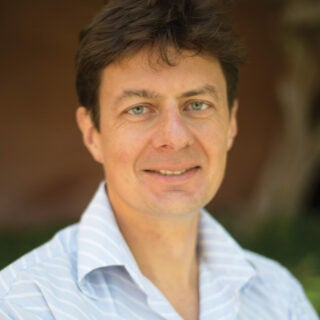
Prezhdo, associate professor of chemistry and physics and astronomy, has been recognized for his innovative contributions to quantum chemistry and nanoscale systems, those typically between 1 and 100 nanometers. His research uses advanced computer models to study how tiny particles behave in materials and very small structures, helping to explain and predict the behavior of materials at the smallest scales.
Prezhdo’s work has significant implications for solar energy and electronics that interact with light, demonstrating how fundamental studies can lead to technological advances that improve human conditions.
Inspired by the potential of scientific research to drive technological progress and enhance lives, Prezhdo says, “Seeing how fundamental studies lead to technologies adopted across the world and change people’s lives provides a strong long-term motivation.”
Prezhdo’s election as an AAAS Fellow underscores the global impact of his research in driving progress in quantum chemistry. His work fosters collaboration across disciplinary boundaries, highlighting the importance of interdisciplinary innovation in advancing scientific knowledge.
In addition to the USC Dornsife professors, two scholars from USC Viterbi School of Engineering and another from Keck School of Medicine of USC were elected AAAS Fellows. USC News has the full list.
About AAAS and the fellowship
The nonprofit AAAS, founded in 1848, serves 10 million individuals through more than 250 affiliated societies and academies, aiming to “advance science and serve society” through initiatives in science policy, international programs, science education and public engagement.
AAAS Fellows are recognized for their achievements in research, teaching, technology and administration as well as their excellence in communicating and interpreting science to the public.
This year, 471scientists, engineers and innovators will receive a certificate and rosette pin to commemorate their election and will be celebrated at a forum on June 7 in Washington, D.C.